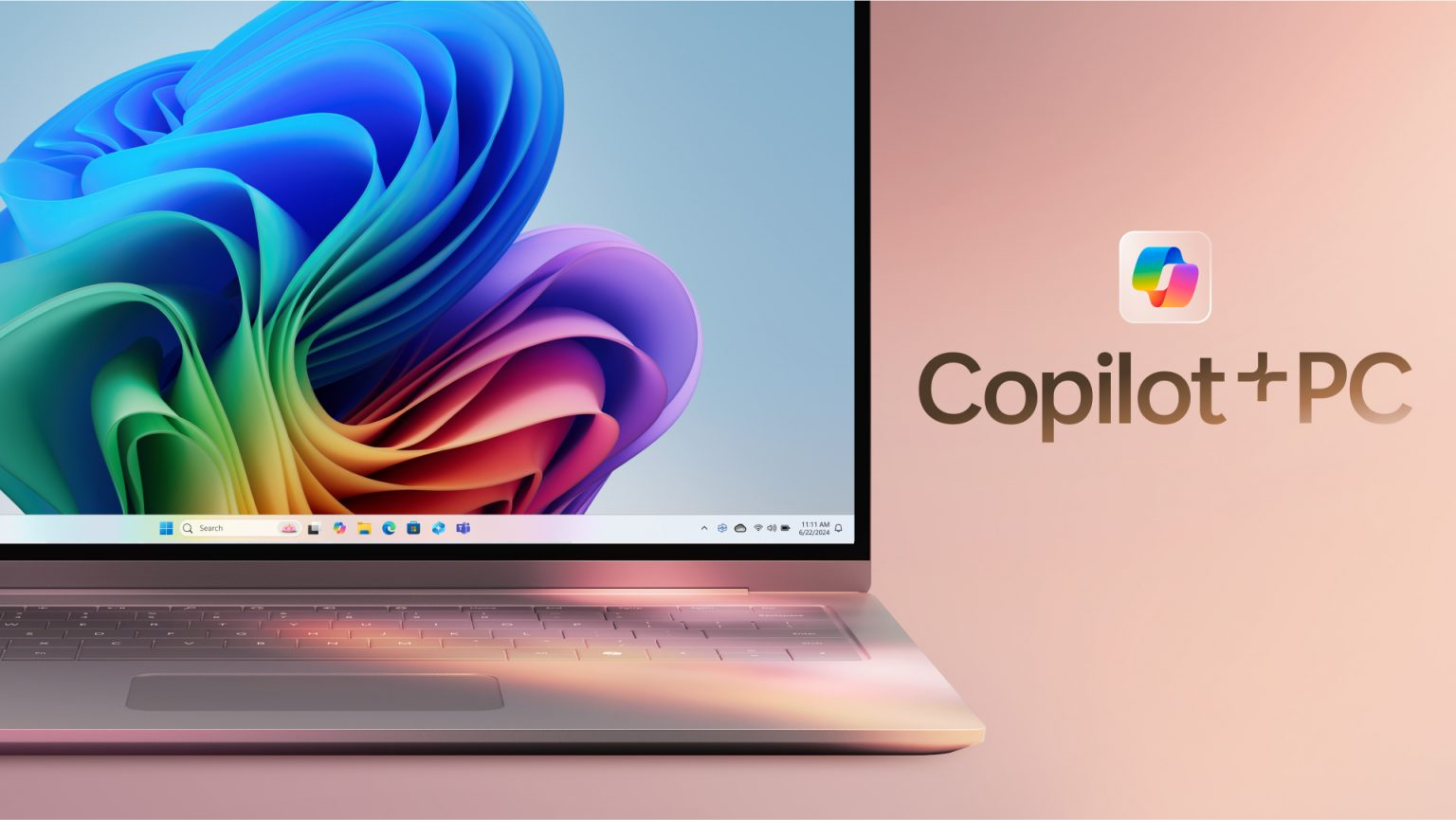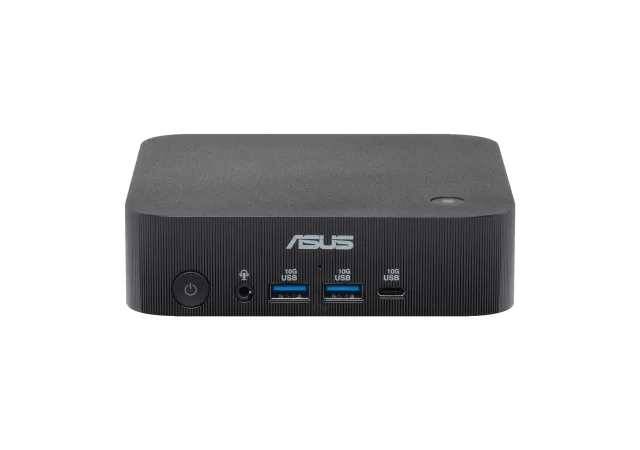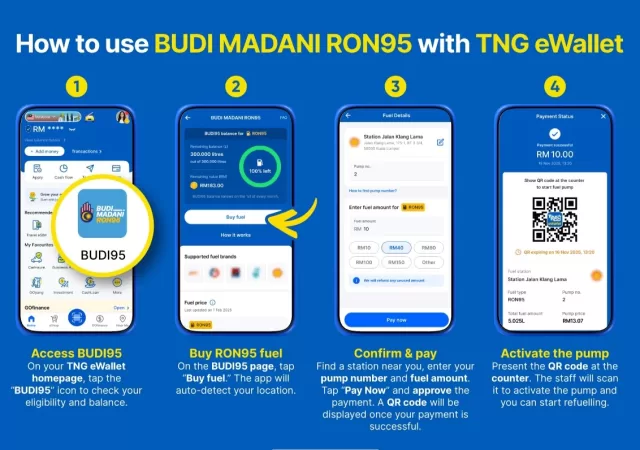The personal computer landscape is on the edge of a revolution. Microsoft has just introduced Copilot+ PCs. These PCs are powered by next-generation ARM processors which signifies a bold leap forward in AI-powered computing experiences.
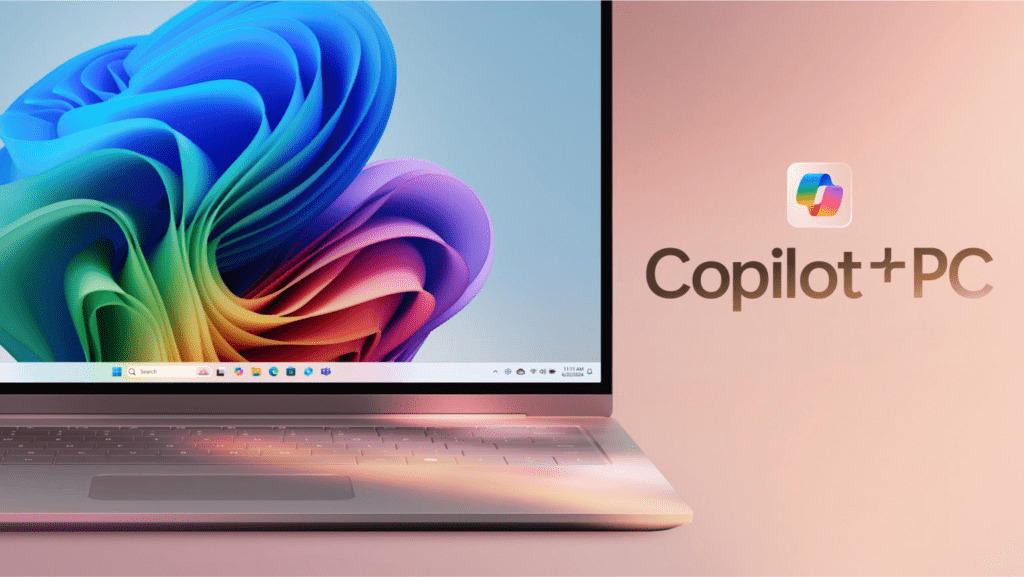
Pivoting to ARM’s x64 Architecture for Both Power and Efficiency
For decades, x86 processors have dominated the PC market. However, ARM processors, known for their superior power efficiency in mobile devices, are finally making significant inroads into the PC realm. It also marks a shift to x64-based programs which are able to perform more efficiently. This shift paves the way for lighter, fanless designs and significantly longer battery life – features highly sought after by mobile professionals and everyday users alike.

The Qualcomm Snapdragon X series chips powering Copilot+ PCs boast over 40 trillion operations per second (TOPS). This immense processing power isn’t just about raw speed; it fuels the next wave of AI applications directly on the device.
Copilot+ PCs – Microsoft’s Big Shift in Human-PC Interactions
Copilot+ PCs aren’t merely hardware upgrades. They are a shift in both performance and efficiency but, more than that, these laptops seem to be Microsoft’s way of changing the way we interact with our PCs.
A key feature is “Recall,” a revolutionary AI assistant that functions as a virtual memory bank. Recall leverages the power of the NPU (Neural Processing Unit) to continuously record and analyze user activity. This allows users to effortlessly search through past browsing history, voice chats, documents, and even specific on-screen moments. Imagine presenting and needing to reference a specific point you saw in a research paper two weeks ago – Recall can instantly surface that information, making research and presentations a breeze. Students can revisit key points from lectures, writers can effortlessly find inspiration from past notes, and the possibilities extend to countless other scenarios.
Recall is just the tip of the iceberg. Copilot+ PCs offer a broader array of AI-powered features designed to enhance productivity and creativity. Imagine a virtual language coach providing real-time feedback during presentations, highlighting areas for improvement and suggesting alternative phrasing. Creatives can leverage AI-powered tools for tasks like content creation, video editing, and graphic design, with the system intelligently adapting to their workflow and suggesting improvements.
Microsoft has meticulously reimagined Windows 11 to seamlessly integrate with ARM processors and unlock the full potential of AI features. Features like “Cocreator” allow for real-time collaboration on creative projects, with AI assisting in brainstorming and suggesting ideas. “Windows Studio Effects” leverages AI to enhance video calls, automatically adjusting lighting, background noise, and even eye contact to create a more professional and engaging experience. These features, combined with the power of the NPU, promise to transform the way we work, create, and connect.
Security remains a paramount concern in today’s digital world. Copilot+ PCs are built with security in mind, featuring the latest security features from Microsoft and Qualcomm. All Copilot+ PCs are “Secure Core” PCs, with additional hardware and software protections built-in to safeguard user data and privacy. This comprehensive approach to security ensures a worry-free experience for users who can focus on their tasks without compromising their digital safety.
Bridging the Gap with Prism
The transition to ARM processors and the integration of advanced AI features like Recall represent a turning point for Microsoft and the PC industry as a whole. While some existing software may require adaptation, the potential benefits are undeniable. With longer battery life, superior performance, and groundbreaking AI features, Copilot+ PCs promise to usher in a new era of intelligent and user-centric computing. Microsoft is committed to working closely with developers to ensure a smooth transition and unlock the full potential of the ARM ecosystem.
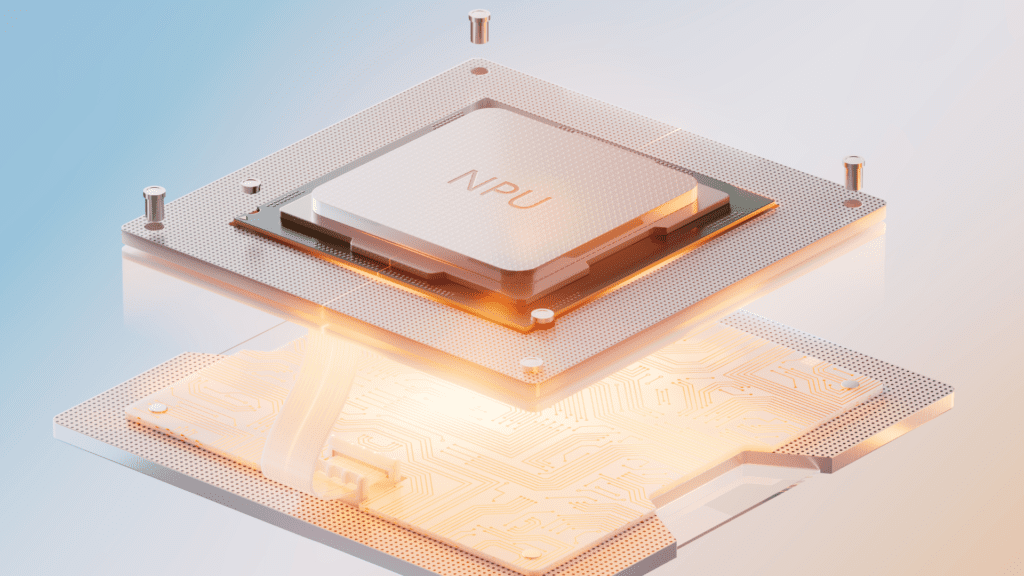
Microsoft is committed to working closely with developers to ensure a smooth transition and unlock the full potential of the ARM ecosystem. A key component of this strategy is “Prism,” a translation layer that acts as a bridge between ARM processors and existing x86 applications. Similar to Rosetta on Macs, Prism allows users to run x86 applications seamlessly on their ARM-based Copilot+ PCs, ensuring compatibility with a vast library of existing software. It is reported that Prism can even improve the performance of some x86 applications on ARM hardware.
Unanswered Questions and the Road Ahead
While Copilot+ PCs represent a significant leap forward, some questions linger. The compatibility of existing software with ARM architecture needs to be addressed, and the long-term impact on software developers requires careful consideration. However, Microsoft’s commitment to developer tools and emulation solutions suggests a proactive approach to these challenges. That said, the company’s track record with Windows on ARM has not been the most reassuring.
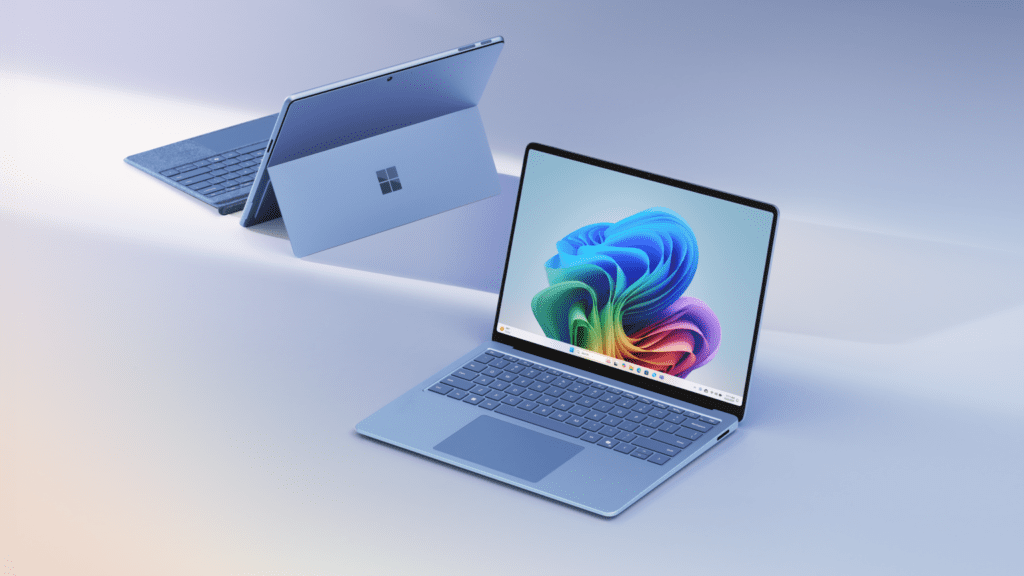
Be that as it may, the arrival of Copilot+ PCs marks a pivotal moment in the evolution of personal computing. Not only is this the first time we have had multiple OEMs jump on the Windows on ARM bandwagon, but it’s also the first time that they’ve done it with some of their most successful laptop lineups. .



